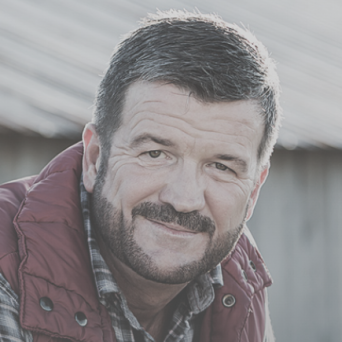September is National Suicide Prevention Month—a time to acknowledge the lives lost to suicide, those who have struggled with suicidal thoughts, and the loved ones of those who have died by suicide. It is also a time to raise awareness about suicide prevention by emphasizing a message of hope.
Since July 2022, 988 has been the national lifeline for mental health support and suicide prevention. The hotline is a source of immediate and free help for anyone experiencing issues involving mental health or substance use, even if it is a non-emergent situation. 988 provides skilled, compassionate support from counselors who are trained in crisis response. They provide confidential support to anyone who reaches out to the lifeline, regardless of circumstance.
The first annual 988 Day is on September 8. The purpose of 988 Day is to raise awareness of 988’s impact on mental health support across the nation while promoting the 988 Suicide & Crisis Lifeline. This year’s key message is: “No Judgement. Just Help.”
In addition to celebrating the first annual 988 Day, the University of Nebraska Public Policy Center (NUPPC) is helping to lead the Nebraska Comprehensive Suicide Prevention Project, a statewide initiative focused on suicide prevention and 988 Suicide & Crisis Lifeline awareness with an emphasis on suicide prevention in men. The NUPPC, in cooperation with the Centers for Disease Control and Prevention (CDC), launched a focused media campaign this month.
The NUPPC is working with media outlets to implement a collaborative campaign to better inform and engage Nebraskans about suicide prevention resources and help combat harmful social expectations of men.
In partnership with the Nebraska Department of Health and Human Services (DHHS), an analysis of data from the National Violent Death Reporting System (NVDRS) revealed that Nebraska men between the ages of 25-64 have a suicide rate nearly twice the state average, and at a significantly higher rate than either women or younger men. Moreover, rural men die by suicide at a rate of nearly 2.5 times more than their urban counterparts. There is currently a gap in suicide prevention activities focused on men in rural areas. Therefore, this demographic is the primary focus of the project.
Quinn Lewandowski, Program Manager for the project, shared, "This is a unique and vital opportunity for Nebraska to bring attention to an important issue that affects us all. Having grown up in rural Central Nebraska and having lost friends from all walks of life who fall within our project's focus, this project’s mission holds a deeply personal significance for me."
Some risk factors for suicide for men in this age group include mental illness, substance use, lack of access to behavioral health services, social isolation, and access to lethal means. Cultural expectations of masculinity and a stigma against asking for help can also contribute to suicide risk.
The Nebraska Comprehensive Suicide Prevention Project has four key strategies for creative, evidence-informed approaches to suicide prevention in men: strengthen access and delivery of suicide care, create protective environments/communities, identify and support people at risk, and lessen harm and prevent future risk.
Each strategy will be accompanied by a specific approach that will be adaptable to individual Nebraska communities. Nebraska’s Behavioral Health Regions will receive funding through mini-grants from the Nebraska State Suicide Prevention Coalition, aimed at fostering lasting collaborative partnerships and implementing these strategies locally.
In the face of hardship, Nebraskans are known for their resilience and willingness to help one another through difficult times. Building on this core foundation of what it means to be a Nebraskan, the campaign hopes to encourage men to show a different kind of strength; the strength to ask for help when they are struggling. Visit suicideprevention.unl.edu to learn more.
Author: Ruth Bailey

